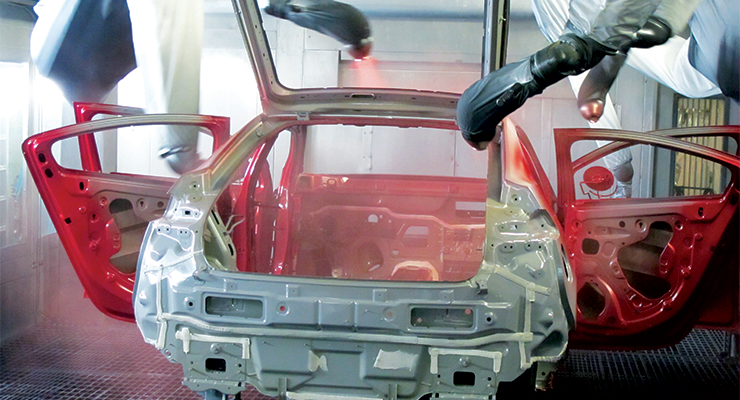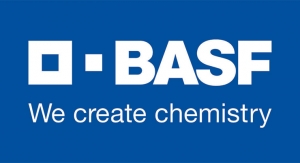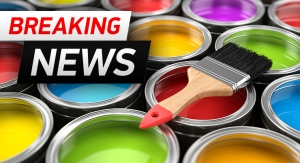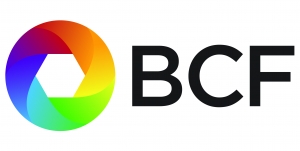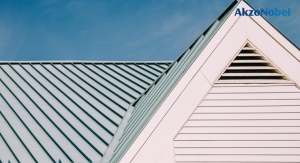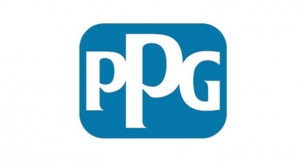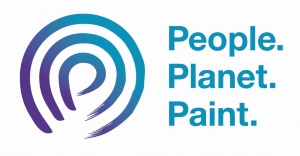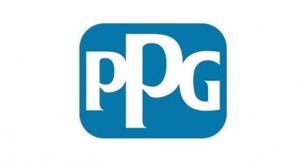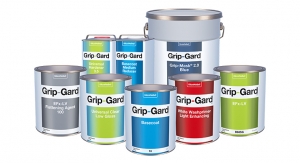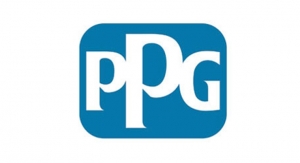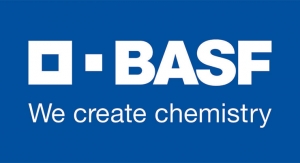Anthony Locicero, Associate editor03.29.21
The automotive coatings market is expected to be worth more than $35.82 billion by 2026, according to Polaris Market Research.
After being valued at $25.53 billion in 2018, the market is expected to register a CAGR of 6.4 percent between 2019 and 2026, according to the Polaris Market Research report.
What are customers looking for in terms of performance?
"Our customers are increasingly looking for functional coatings that perform and provide solutions in response to the changing way that vehicle interiors are used," said Patrick Bourguignon, AkzoNobel director for Automotive and Specialty Coatings. "Generally, we see a trend towards a new kind of human interface with interiors – touch screens and capacitive sensors for example – which requires a coatings solution that offers high scratch and mar resistance, easy-clean, anti-fingerprint, anti-glare and any kind of solution that eases these haptic interactions."
For our OEM customers, the focus has always been to reduce the total cost-to-coat in the body shops," said Kevin O’Connor, director of Global Marketing and Product Management for Axalta’s Transportation Coatings business. "We are currently seeing an increased demand for coating solutions that are eco-friendly, reduce a body shop’s total environmental footprint, and deliver a beautiful final appearance. More specifically, we are focused on developing coating solutions that enable OEMs to reduce the carbon dioxide emitted from the body shop, as well as the carbon dioxide emitted from the energy that powers their business.
"Additionally, there is an ever-increasing demand for paint optimized for the vehicles of the future. Beyond the core mobility performance aspects such as appearance and protection, more and more customers are interested in advanced mobility coatings that support autonomy and electrification – things like lidar, radar, antimicrobial technology, and thermal and electrical insulation," O'Connor continued.
BASF said it constantly develops innovations to help automakers continue to improve efficiency. BASF developed integrated paint processes to reduce the length of the production line, reduce CO2 emissions, save energy, and reduce material consumption.
“Fulfillment of existing specifications and line performance drive our customers’ buying decisions. Differentiation in selective areas such as appearance and color space will allow BASF to remain the preferred partner of choice,” said Jaime Manon-Macias, head of marketing, The Americas at BASF. “We will also help OEMs become more efficient and sustainable. Every innovation must reduce total process cost for our customers, and sustainability enables and drives those product innovations.”
"Customers look to companies like PPG to drive product performance through innovation, service and industry-leading knowledge," said Rebecca Liebert, executive VP, PPG. "We continue to focus on creating mutual value for our customers to drive continued growth and strengthen relationships. To support this, PPG automotive coatings experts are deployed in over 700 OEM customer facilities to ensure the successful application of our paints, coatings and adhesives and sealants on the production line. This enables PPG to deliver a comprehensive and consistent value package designed to help OEMs reduce costs, increase productivity, and meet increasing quality and performance targets. This also allows PPG to introduce new coatings solutions and expands customer access to innovative technologies.
"Additionally, customer expectations continue to accelerate and the demand for digital tools and advancements in connectivity, automation, and data have transformed how we work together. Customers are increasingly comfortable – and oftentimes expecting – digital tools that support new ways of working. These digital solutions, including our Optima™ Insites digital platform that can detect dirt on paint lines and optimize inventory define PPG as a forward-thinking paint manufacturer while simplifying and creating consistent processes with our customers," she continued.

